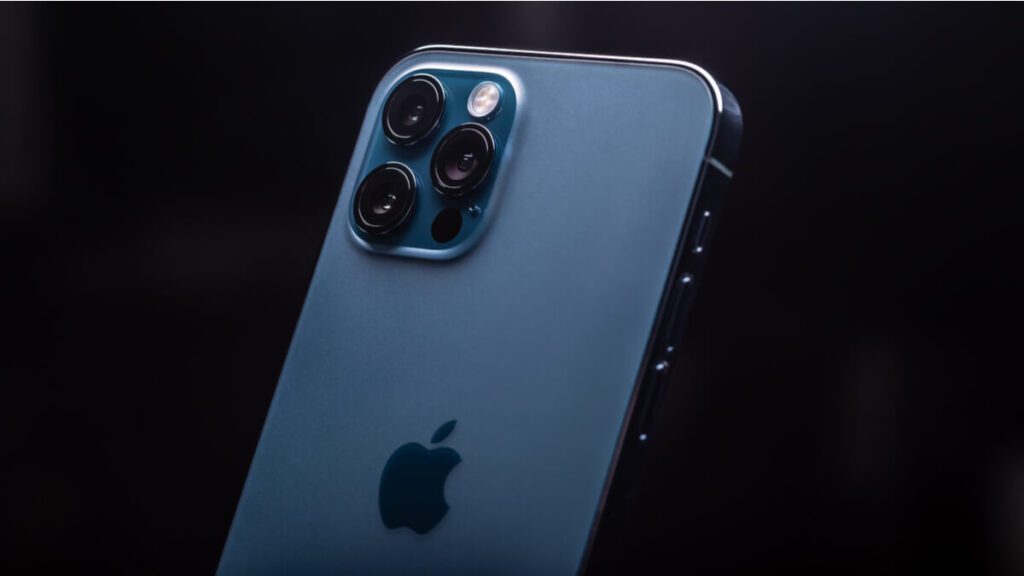
The smartphones market has witnessed major shifts in the span of merely a decade, players have shot up and disappeared, while other brands persisted based on their ability to quickly adapt to the ever-changing needs and wants of the market.
Competition between smartphone brands has narrowed down to two main players: iOS and Android. And it seems as though Apple will have a stronger side going into the upcoming year.
A new report from Juniper Research has found that sales of iPhones will bring in over $200 billion in 2022; nearly 40 percent of the total smartphone hardware market, despite representing less than 20 percent of devices sold that year.
The new research, Smartphone Market: Device Innovation, Regional Analysis & Market Share Forecasts 2021-2026, notes that although smartphone purchase cycles are lengthening, Apple has managed to consistently convince users to purchase higher-priced models through curation of a strong hardware and software ecosystem, which other vendors have only limited opportunities to do in the current market.
“As a result, Apple’s average selling price will rise in the coming years, while Android devices will decline, unless they can leverage new technologies like 5G or bring new design features, such as foldable phones, into the market,” the report said.
More features & newer vendors
Authors of the study believe that Android vendors will struggle to compete on a “features” basis in future.
The research shows how vendors that focus on a particular segment and investing in premium features, such as high-end audio and advances in camera technology, will not appeal widely enough to compete at scale in the smartphones market, the report highlighted.
“Feature diversification alone is not enough for lasting success in the crowded smartphones market,’ remarked research co-author Nick Hunt. “Apple and Samsung have succeeded in fostering brand loyalty, which smaller vendors have struggled with, despite many introducing new capabilities. These players need to pair strong features with strong branding to have sustained success.”
In parallel, Juniper Research also noted that the decline in Huawei’s fortunes, thanks to the U.S. trade ban, will not restore older brands to prominence, but allow other Chinese brands to expand.
“We expect BBK, the manufacturer of Oppo, Vivo, Realme, iQOO, and OnePlus smartphones, will have over 200 million smartphones shipped in 2022; making it the third largest player that year,” the authors added.
In the meantime, Huawei’s market share will decline to just over 9 percent in 2022, from 11 percent in 2019.